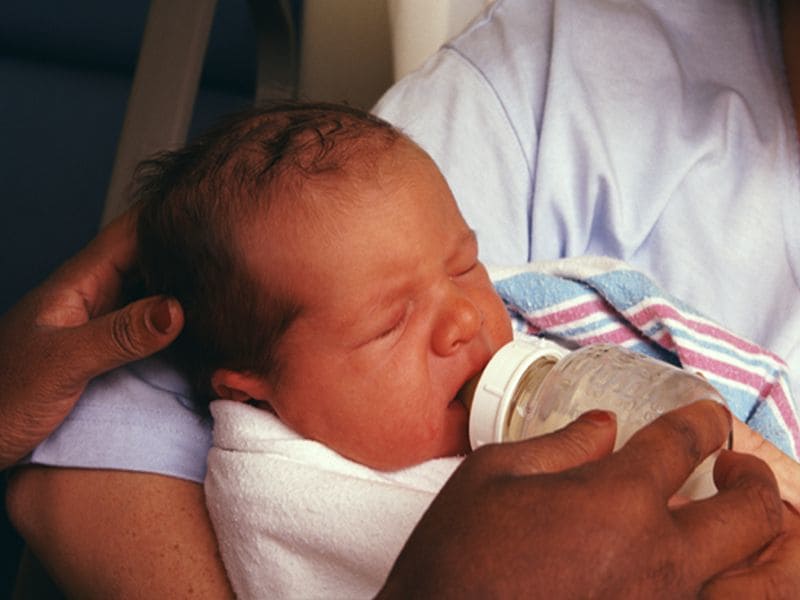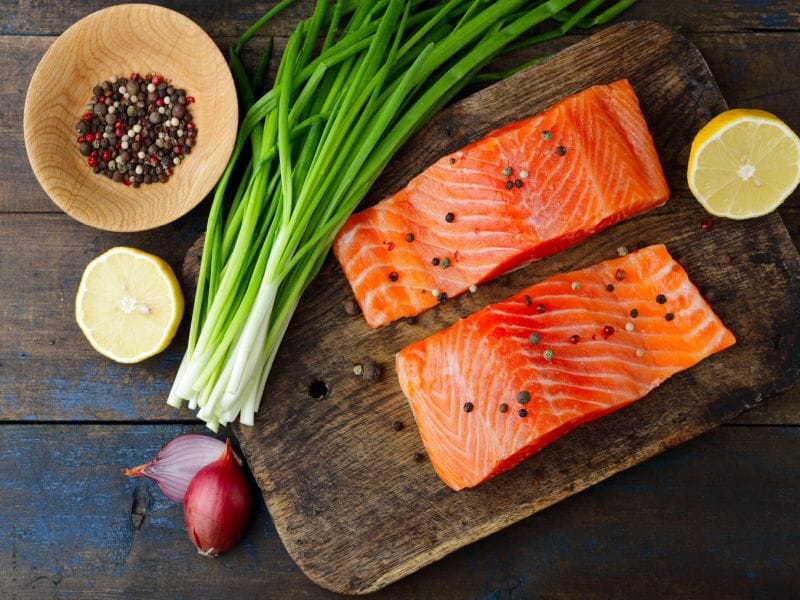
People with food allergies aren’t the only ones who need to be aware of menu minefields when eating out. If you’re trying to lose weight, it’s important that you don’t fall prey to these temptations. It’s not only supersized meals that can be your diet downfall — restaurant meals in general have jumped in size.… read on >




























